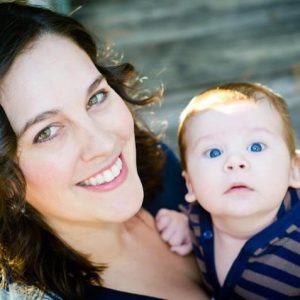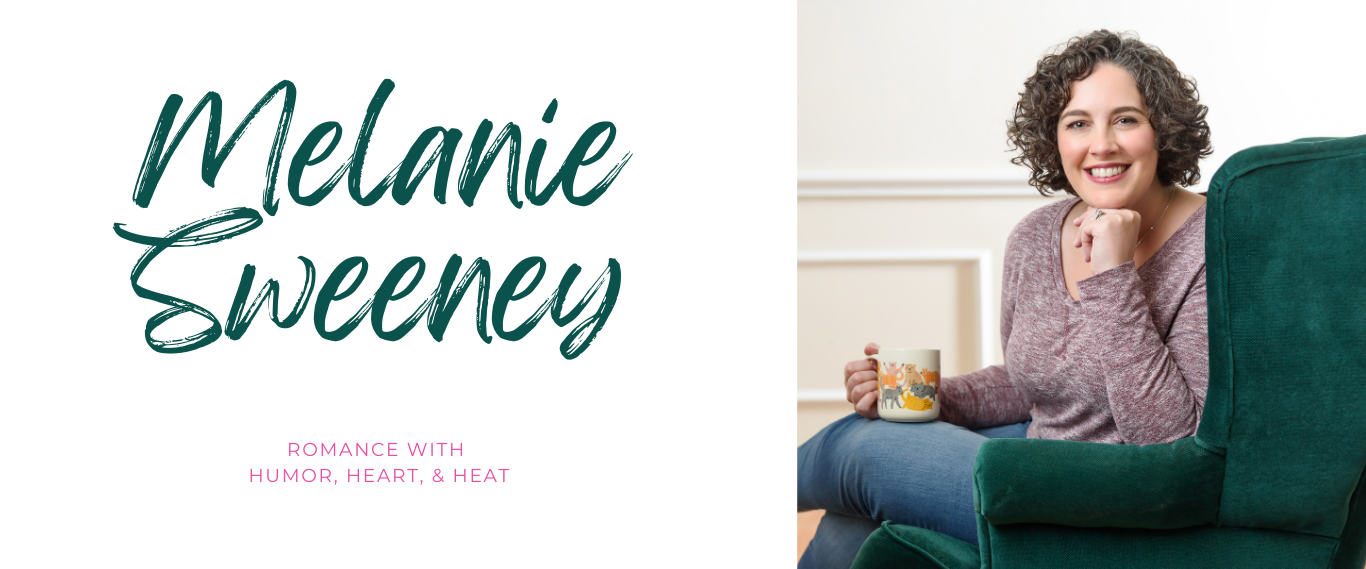 Hi, mothers, moms-to-be, and friends!
Hi, mothers, moms-to-be, and friends!
I’m running my first workshop this weekend, “In Mother Words: Journaling for Authenticity in Motherhood.” I wanted to share what made me develop this workshop. I know many of you cannot make it because of other obligations — or because you live out of state. I hope to offer an online version of the workshop, as well as other ones on writing your birth story, keepsake journaling, writing creatively from motherhood, and more. I’ll keep you posted as these things take off. For now, here’s a little story about how this all started.
“In Mother Words” is a passion project that grew out of my experience of becoming a mother, struggling to feel adequate and happy through the bumpy transition, and the life-changing decision I made to write my way through it. In talking with other mothers, I have learned that my rough adjustment to motherhood is hardly unique. We all face challenges, and in this culture of social media veneer and an oversaturation of opinions and advice on parenting, I think contemporary mothers, in the United States especially, have a particularly difficult time. We need support, and we need tools to help us steer our own lives and our families in a direction that feels true and good.
As I entered motherhood, I had a lot of ideas about what the experience should look like. I believed I would be a “natural” mother. I had a deeply-held belief that my love as a mother would be fierce, unconditional, and unwavering. My view of mothers was simple. But my experience as a mother was not. Love came with confounding ambivalence. Breastfeeding was painful and challenging. My baby cried and cried, and I often failed to soothe him. I felt alone, overwhelmed, resentful of how my life had changed and how it failed to align with my expectations. I struggled, and in that struggle, I believed that I was not a natural mother, that in fact, I might not be particularly suited for motherhood at all.
This was fear talking. This was a lifetime of messages from the world around me about what a woman, what a mother should be. This was a lack of nuanced perspective on healthy and realistic mothering. Chances are, you also went in to motherhood with a set of ideas about what a “good” mother should be. Maybe some of them guided you in ways that were helpful. But there were likely some, too, that placed unnecessary pressure on you, that led you to compare yourself needlessly and detrimentally to others, that left you sometimes feeling like you were failing at something that should have been simple.
It took me a lot of reading, thinking, writing and eventually talking to other mothers to understand that my expectations had set me up for failure and that I could – and should – be more thoughtful and selective about my values. I took inventory of what truly mattered, what brought me feelings of contentment, and what gave me a sense of purpose, authenticity, and whole-heartedness both as a mother and as a human. I have spent these last four years since becoming a mother hoping to give voice to the whole, complex, messy work of raising children. I don’t have all the answers, but I know this work is important for the well-being of mothers and their families.
Before my son’s birth, I started a journal addressed to him where I wrote about my dreams for him, my awe at the magic of pregnancy, promises I hoped to fulfill. I believed this journal would become an artifact, proof of my love. I wanted this little handwritten book to represent everything good and pure about his mother, so he would know straight from my own heart how intensely and irrevocably I cherished him. Maybe I would give it to him when he became a parent. Maybe he would find it in a time of despair after I’m gone, and my words would bring him comfort. The point was, it was a gift. It was always meant for him.
So, when I had a difficult birth, and the days after that were raw and painful and desperate, I struggled to write his name on those pages. I wanted to tell him that I’d fallen in love at first sight and that cradling him to my chest brought both of us a deep feeling of peace. I did not want to admit that I was a little shell-shocked, that I wasn’t moved to happy tears until his first laugh at three months, that I was distracted by a persistent feeling that my life was unraveling. More than this, though, I didn’t want to fail to finish the journal, the artifact of my love. So I wrote half-truths at first. I stuck to the facts of his birth. I followed up my fears and worries with uplifting remarks that I was sure things would feel better soon. Over time, I allowed myself to be more forthcoming, to write less for him than for me, because I found that once I started to open up a little bit, there was no holding back the force of my feelings. I was compelled to write every day, every chance I got.
I finished the journal around the time my son turned one, which was a turning point toward a happier time as he grew out of some of the challenges of infancy and as I was starting to see a wealth of benefits from all that writing. I stewed over my frustrations less; I learned to write them down and let them go. I began to seek solutions to my problems by brainstorming and writing through the possible ways my choices could go. Naturally, this led me to look forward rather than backward, to set goals, to imagine how things might get better and what other avenues would open up for me. I started to interrogate what it meant to me to be a mother, seeing the rhetoric for what it was, keeping what felt right and getting rid of any pressure, any image that felt inauthentic. I found grace for myself. I processed old, seemingly unrelated feelings about my body and healed some long-held upsets. And although I sometimes wrote to complain about my baby, it was this excavation of my life as his mother that helped me to see him and accept him exactly as he was. When I completed the journal’s final pages, I felt more confident, better adjusted to my new life, and excited about my days with my son.
The beautiful thing about my journal is that, even though it doesn’t profess my perfect, pure, easy love for my son, it is still a meaningful artifact; it still proves exactly what I hoped it would, just not in the way I imagined. In those pages are the ways that I struggled, yes, but also how I pushed through. Those pages show exactly the how deeply I love him because they include everything, not just the golden moments that took my breath away. I still plan to share it with him some day, and at the same time, I treasure it for myself, for what it reminds me about my own strength.
Not all mothers go through such a rough stretch, but we do all have days when we struggle to parent as well as we’d like, when we are depleted of energy, when the work of mothering feels less like a blessing and more like, well, work. It seems like we are supposed to do everything, including not letting the everything wear us down. Mothers hear all the time that they need to do self-care. Sleep when the baby sleeps. Continue having date nights and girls’ nights. Go get a massage. But many moms also hear this advice and think, “Great. One more thing I’m failing to do.” While it’s important to make time for the things that center us, it’s smart to have a good self-care activity that doesn’t require much time or child care or money. Journaling can fit the bill. All you need is a notebook and pen.
In this workshop, we will discuss the benefits of self-reflective writing, complete several writing exercises to jumpstart your journaling, and develop strategies for you to implement and maintain the practice. My hope is that you will leave with new tools to deeply explore your motherhood and journey forth with authenticity in all that you do.
Get your ticket and join me on October 16th, 1:30-4:30pm at Rebel Birth Haven in Old Town Spring.
